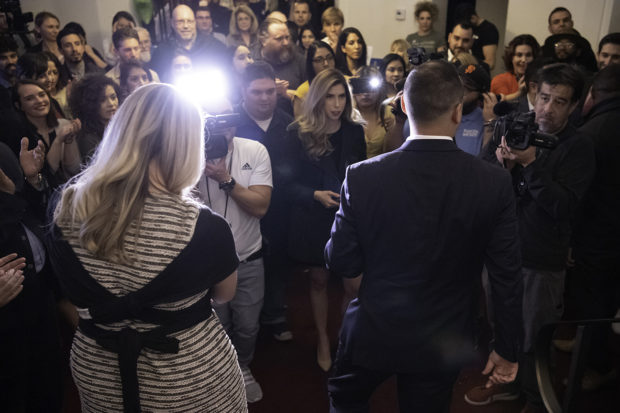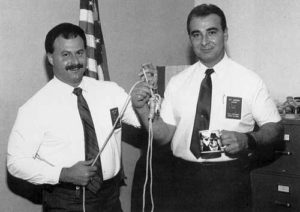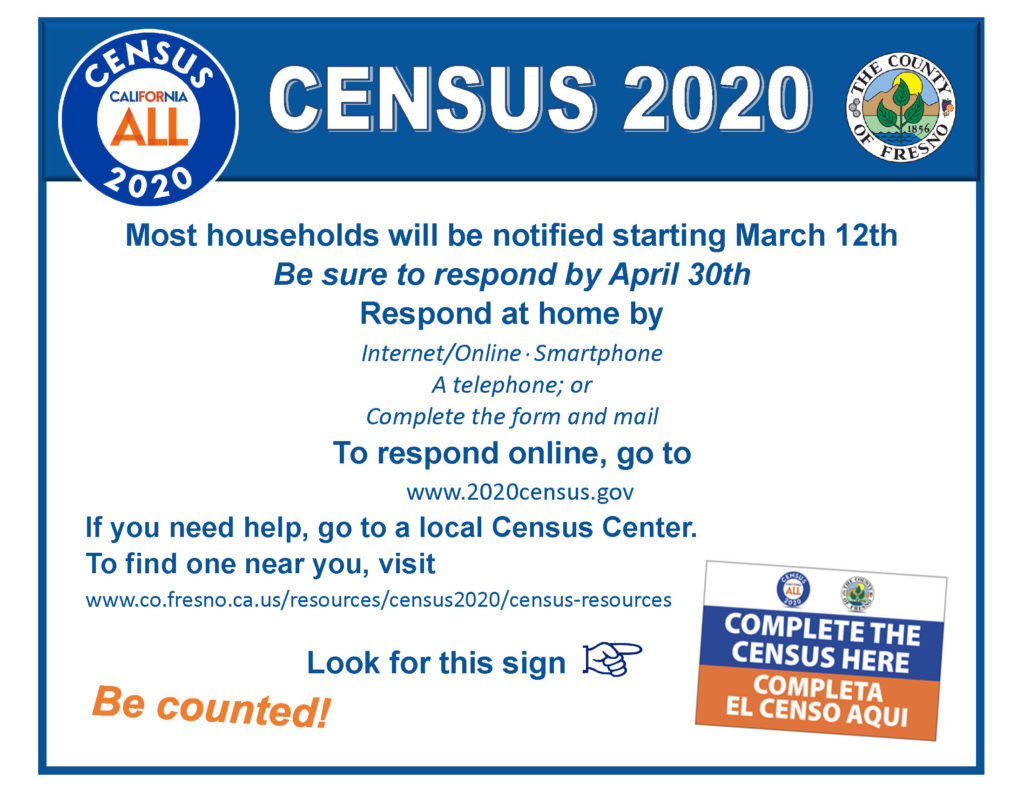
By Mike Rhodes
With Tyler Maxwell elected to the Fresno City Council District 4, there is now a majority of Democrats who could set a new direction for this community. They could establish more parks, develop a plan to end homelessness and solve other social, economic and environmental justice issues that progressives care deeply about.
Few think that Jerry Dyer, Fresno’s newly elected mayor, will help, but with a 6-1 Democratic majority on the City Council he does not hold the power needed to carry out his conservative agenda. There is only one registered Republican on the City Council, Garry Bredefeld.

Progressives expect the election of Dyer to be challenging. Dyer was the police chief for the past 18 years and is expected to be sympathetic to the interests of builders, developers, the police and business interests. After all, they provided him with the money and support he needed to win the election outright in the March 3 Primary.
Although the data are not all in yet, we will likely see a heavy voter turnout north of Shaw Avenue in favor of Dyer. This is the more affluent part of town. The further south of Shaw you go the voter turnout is lighter but will favor the more progressive candidate for mayor, Andrew Janz.
A higher youth turnout was expected, but if Fresno trends with the rest of the country, that did not happen. The assumption is that young people would have been more likely to vote for Janz. Instead, the “business as usual” candidate won.

This “tale of two cities” has characterized the voting pattern that has emerged in every election for the past several decades. If voters south of Shaw were to turn out in the same numbers as their north Fresno counterparts, Janz would have won the election.
Why do people south of Shaw not turn out to vote as frequently as their northern neighbors?

Dyer won with only 51.8% of the vote, only slightly above the 50% plus one needed to avoid a November runoff. In a city of more than 500,000 people getting 50,000 votes is far from a mandate. And, if something as simple as making it easy for the approximately 3,000 inmates in the Fresno County Jail to vote had been done, Dyer would not be the mayor of Fresno. Keep in mind that two-thirds of the people in jail are awaiting trial because they are too poor to pay bail and have not been convicted of a crime.
There are also social, economic and practical reasons why people don’t vote. In the jail, they can’t get out to vote, transportation issues are more frequent with less affluent voters, if a person moves (which is more likely when you are poor) and if they don’t re-register, they could have problems voting. A lot of people are uninspired about the candidates and don’t think voting will change anything.
When a candidate such as Dyer has three times as much money as Janz to get out his message, that makes a huge difference. Campaign finance reform is needed to level the playing field.
A complaint sometimes heard about the candidates that received 1% or 2% of the vote is that they are spoilers and helped Dyer win. That is not true. The votes those candidates received worked against Dyer and if they had done a little better, Dyer and Janz would have faced off in the November election.
Before progressives win a citywide election in Fresno, they will have to overcome the rampant voter suppression that takes place, have enough money to run a viable campaign and build a coalition that unifies the emerging majority. Si se puede! Another world is possible.
*****
Mike Rhodes is a member of the Community Alliance newspaper’s Editorial Board and the author of a book about Fresno’s homeless, Dispatches from the War Zone. Contact him at mikerhodes@comcast.net.
Advertising

